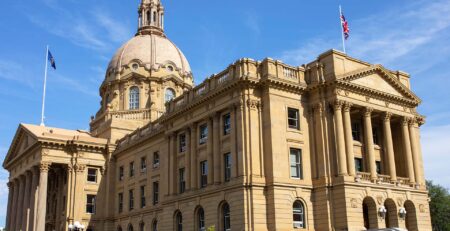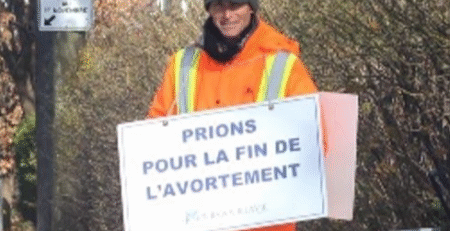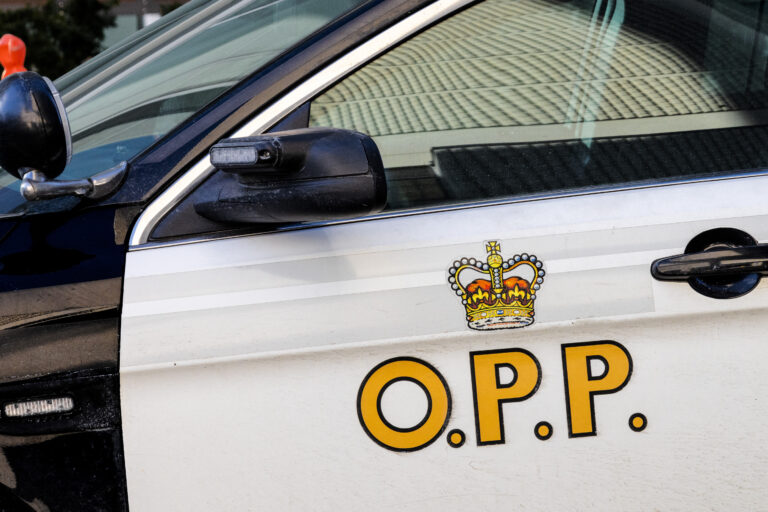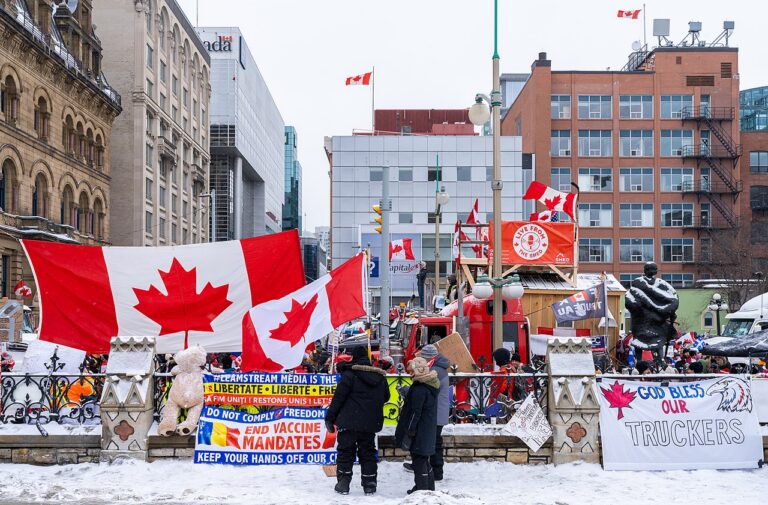VANCOUVER: The Justice Centre for Constitutional Freedoms (JCCF.ca) appeared before the B.C. Court of Appeal on Wednesday, June 1, 2016, to intervene in defence of freedom of association, in the court acse Trinity Western University v. Law Society of British Columbia.
Staff lawyer Jay Cameron will present the Justice Centre’s argument in support of Charter section 2(d) freedom of association before a panel of justices, along with other interveners, as well as Trinity Western University and the Law Society of BC.
The Law Society of British Columbia (LSBC) has ruled against recognizing the law program of Trinity Western University (TWU), a private Evangelical Christian university in Langley, B.C. The Federation of Law Societies of Canada has approved the law program of TWU as meeting academic and professional standards. The LSBC does not allege that there is anything wrong with TWU’s law program, but claims that TWU’s Community Covenant discriminates against the LGBTQ+ community. The Community Covenantprohibits numerous legal activities such as vulgar or obscene language, drunkenness, viewing pornography, gossip, and sexual activity outside of the marriage of one man and one woman.
The Justice Centre previously intervened in this case at the Supreme Court of British Columbia to argue for the Charter section 2(d) right to freedom of association, including the right of every charity, ethnic and cultural association, sports club, temple, church, and political group to establish its own rules and membership requirements. In December of 2015, B.C. Supreme Court Justice Hinkson ruled against the Law Society of British Columbia, overturning its decision refusing to recognize the law program at TWU.
“A court ruling against TWU’s freedom of association at the appeal level would undermine the freedom of association of every group in Canada,” stated Jay Cameron, staff lawyer with the Justice Centre.







